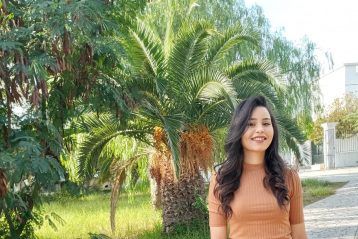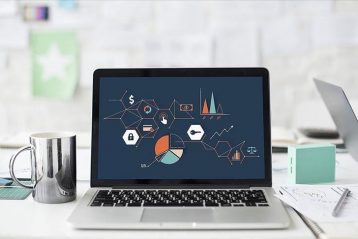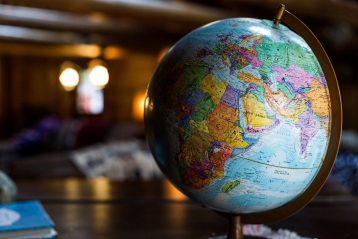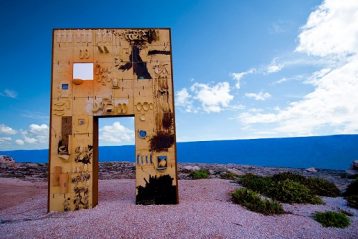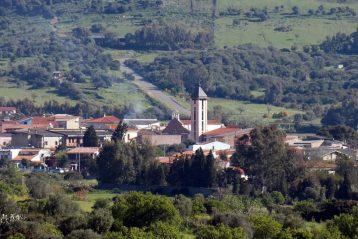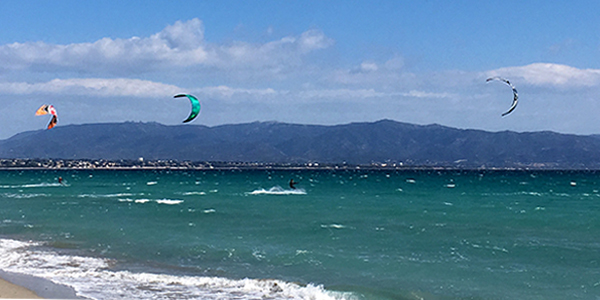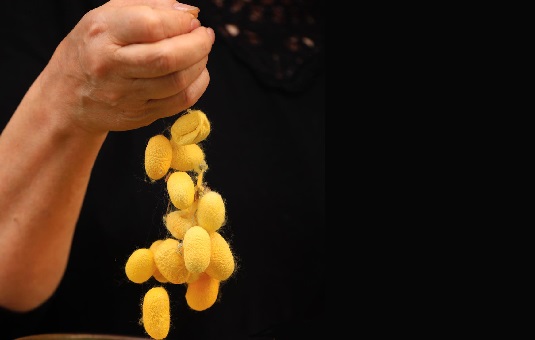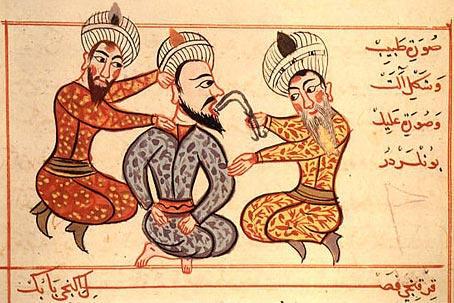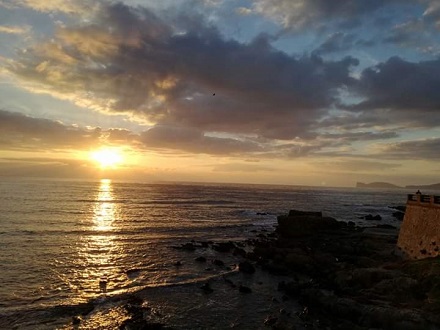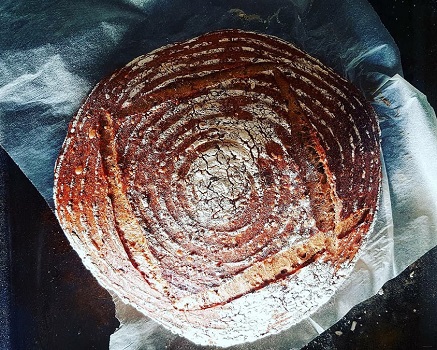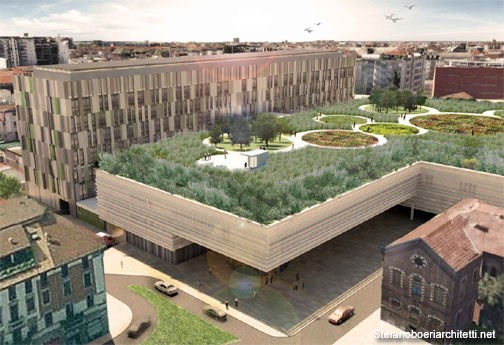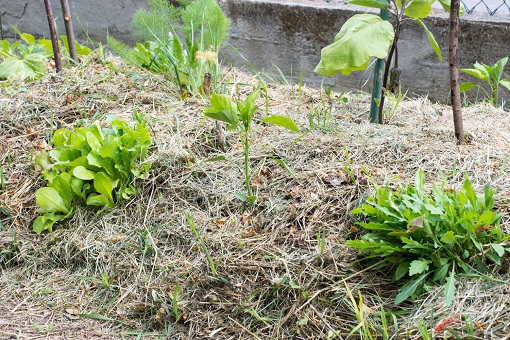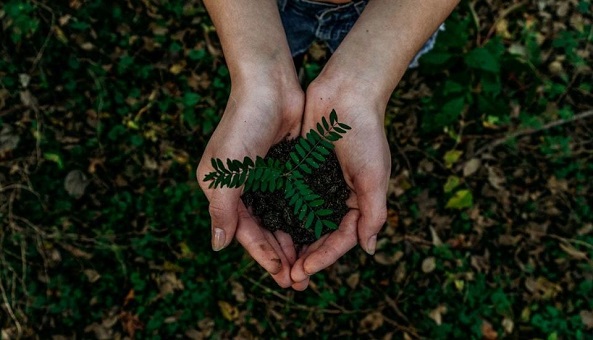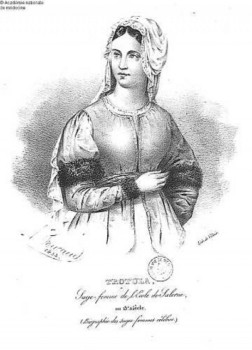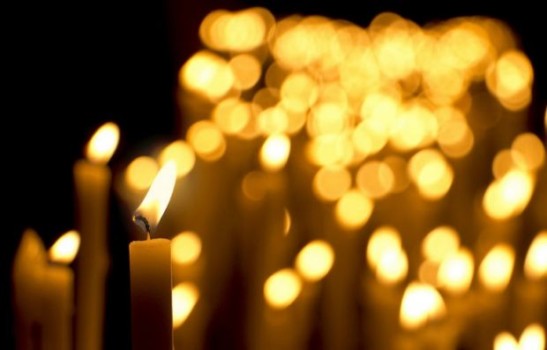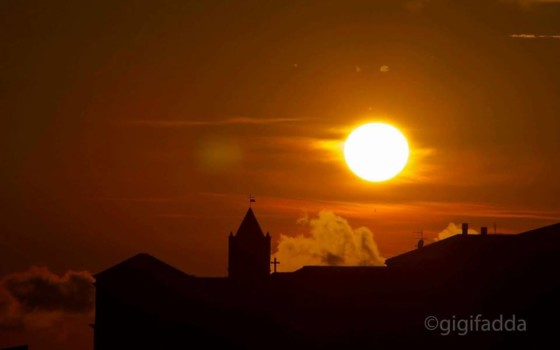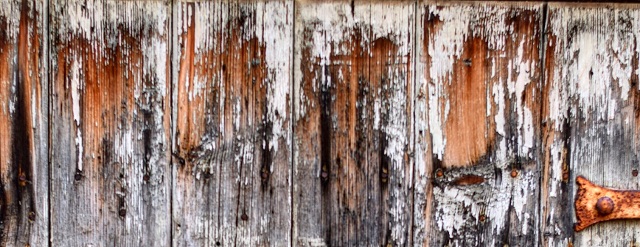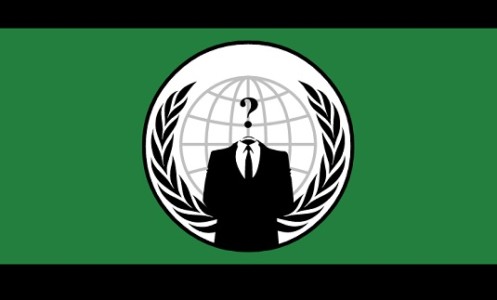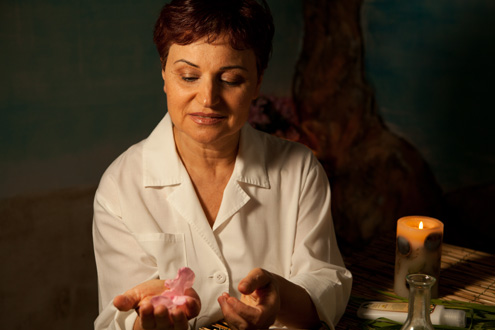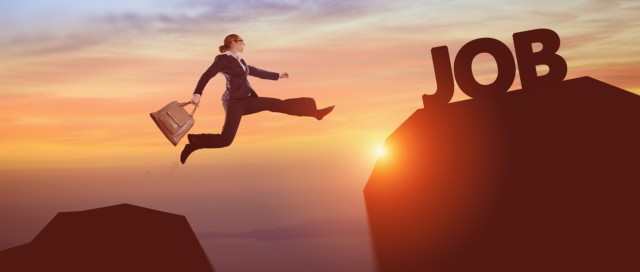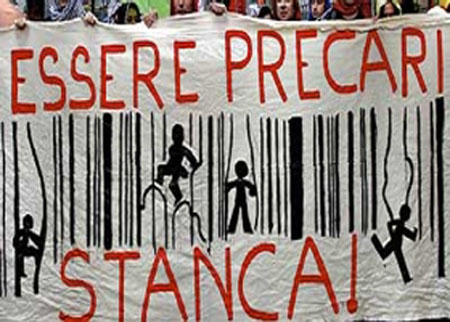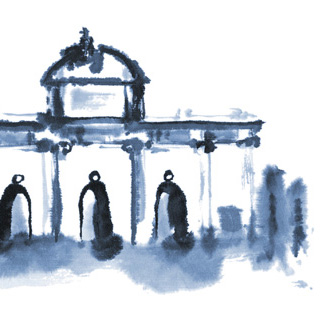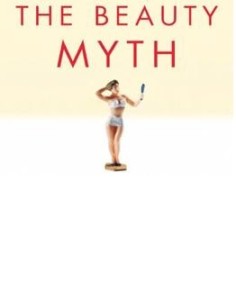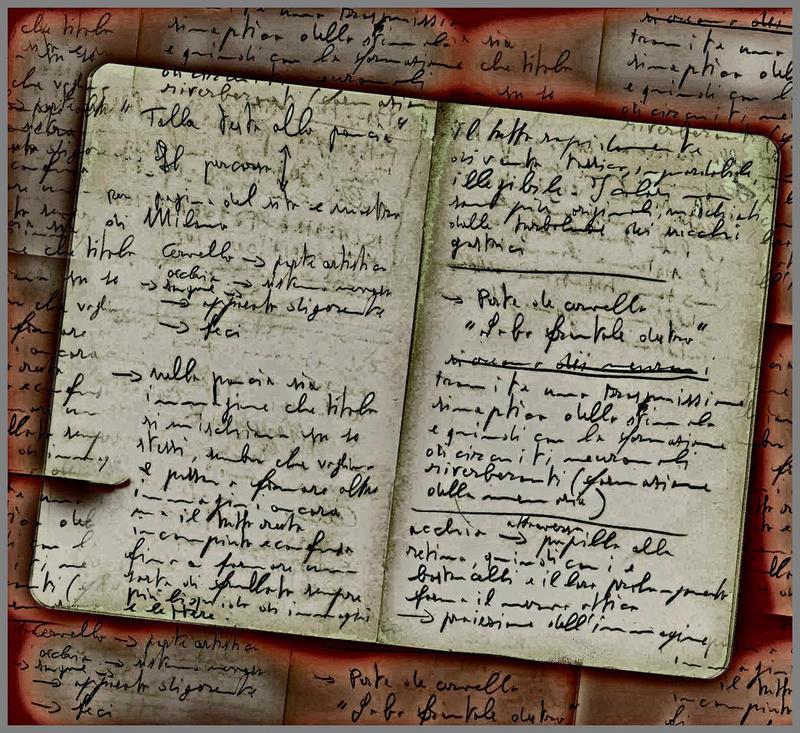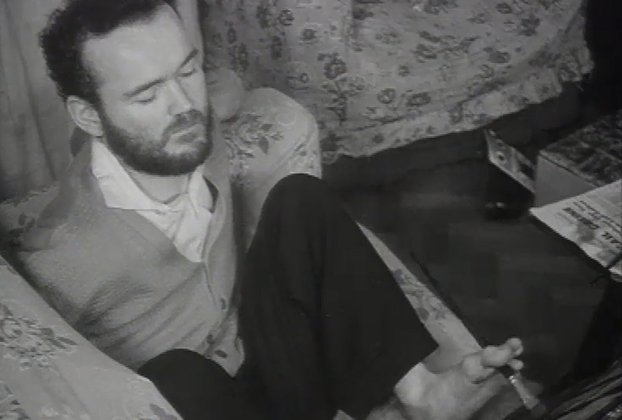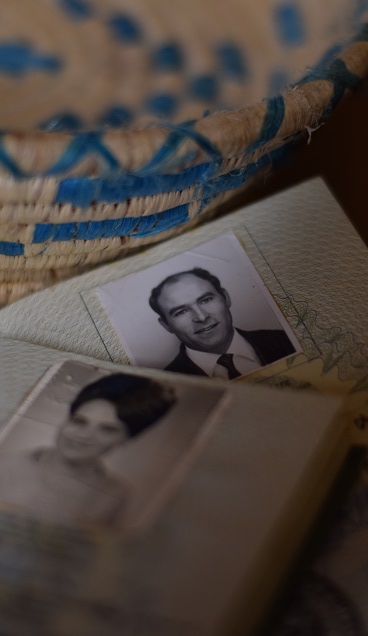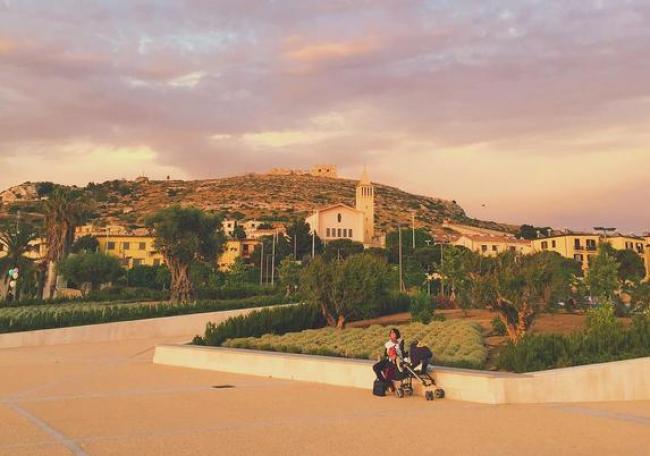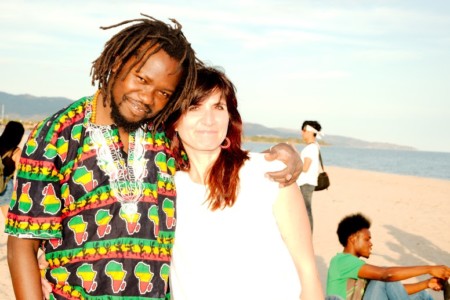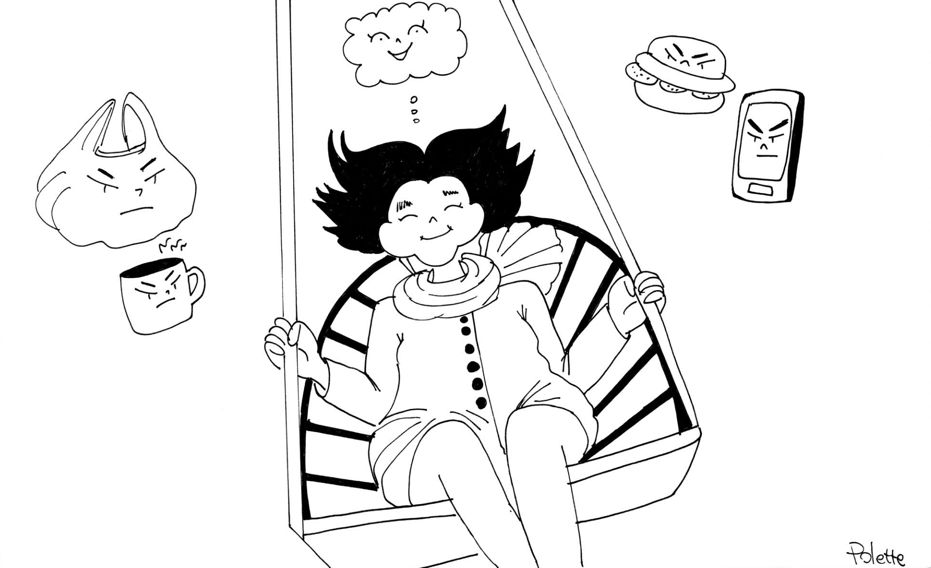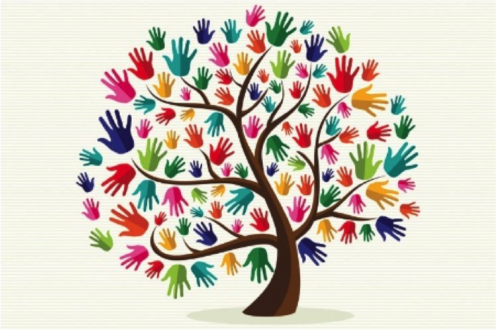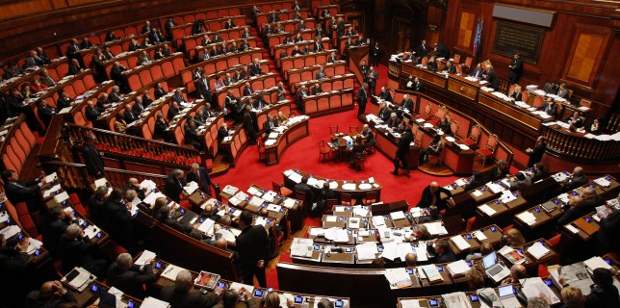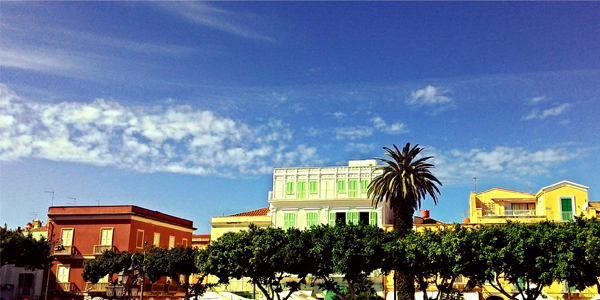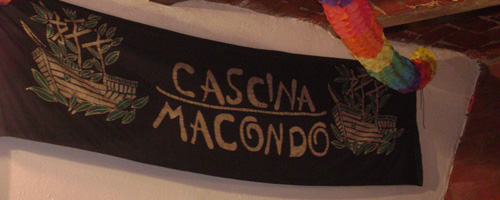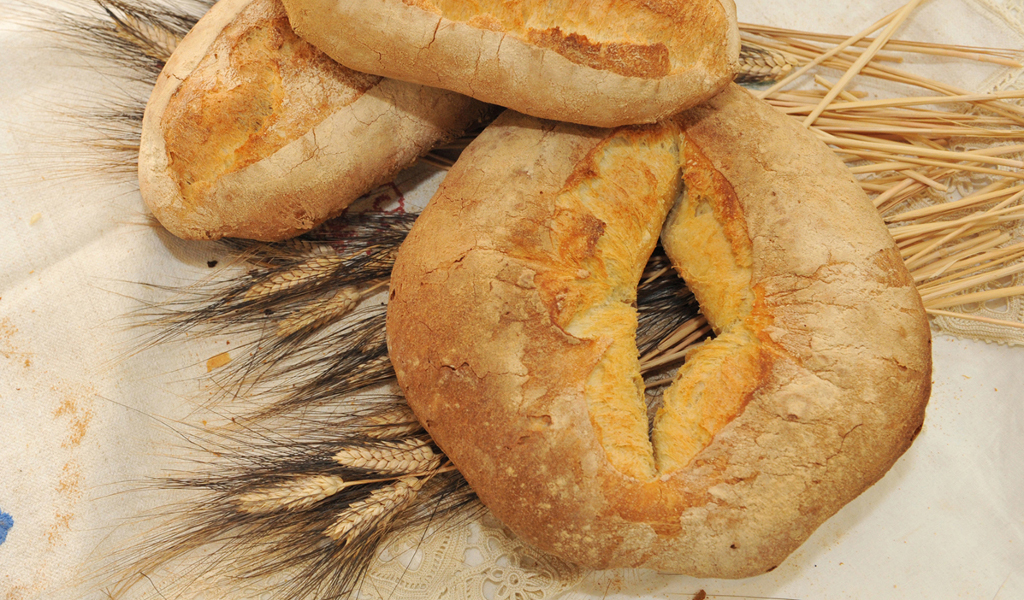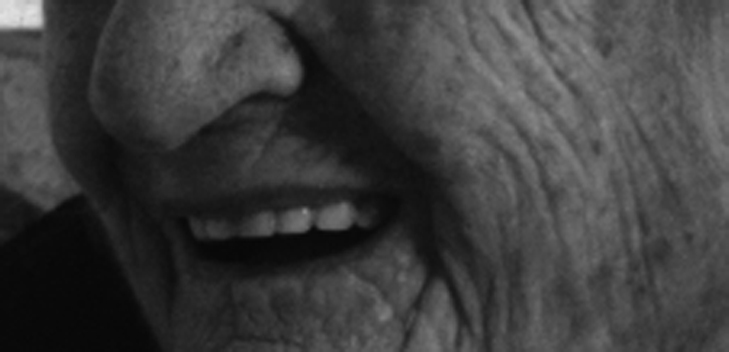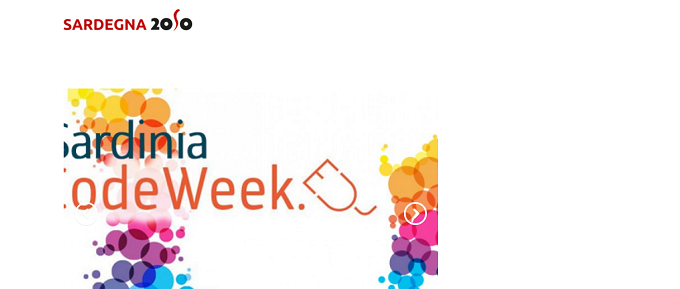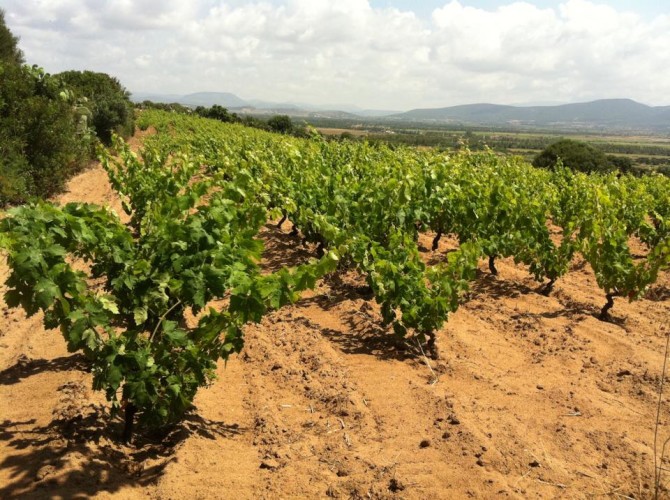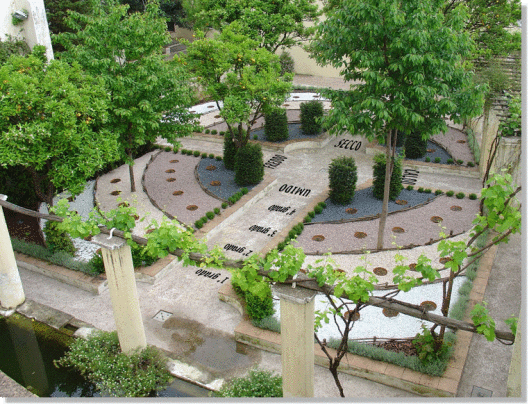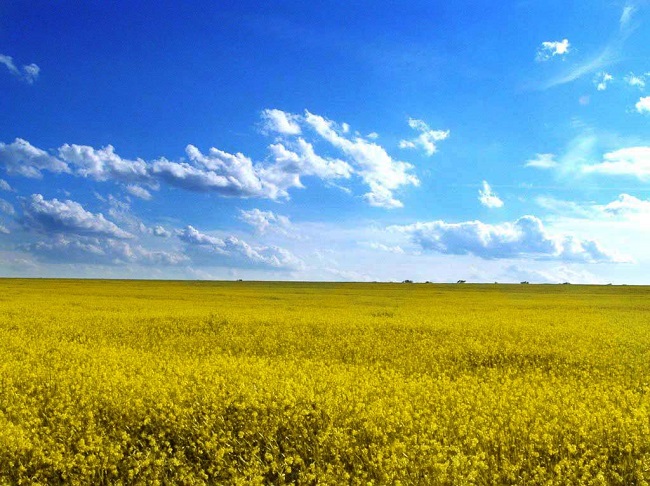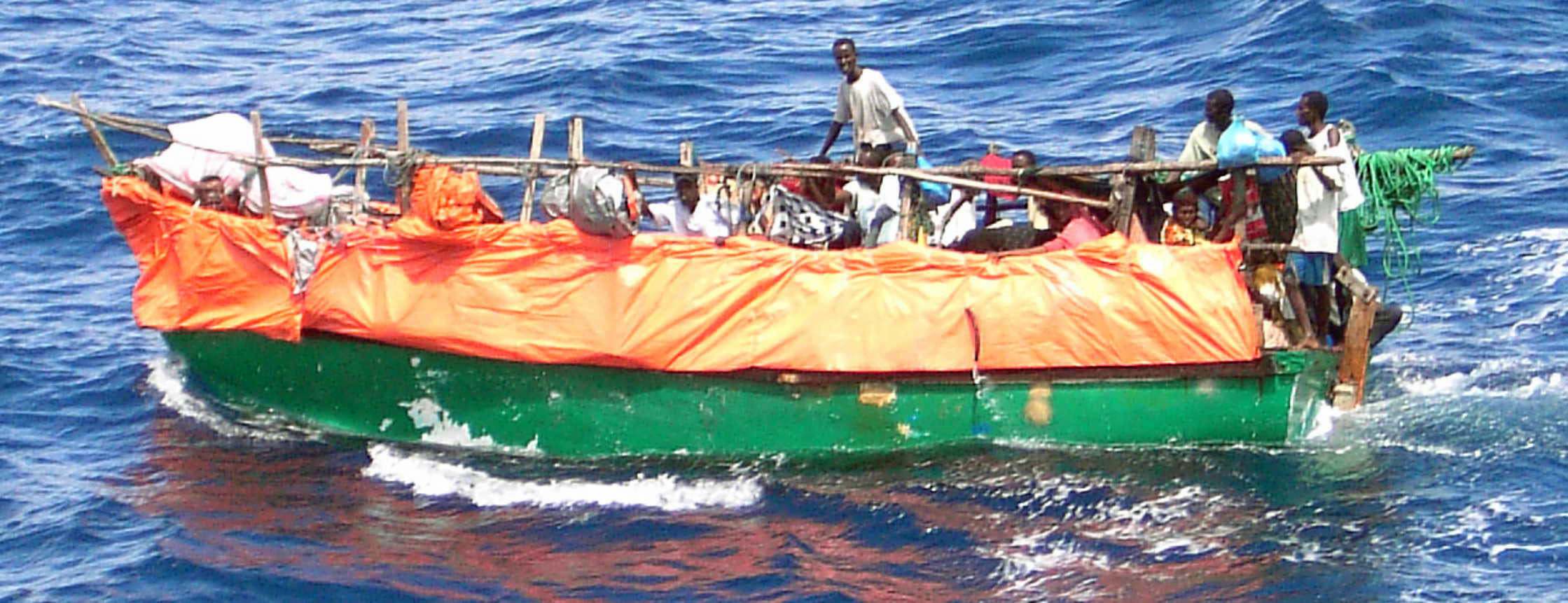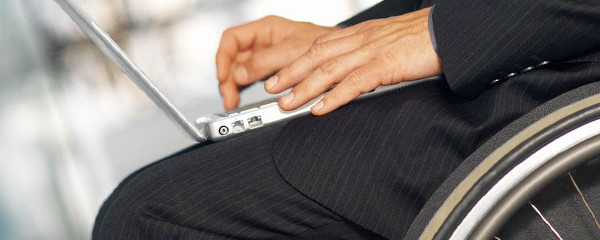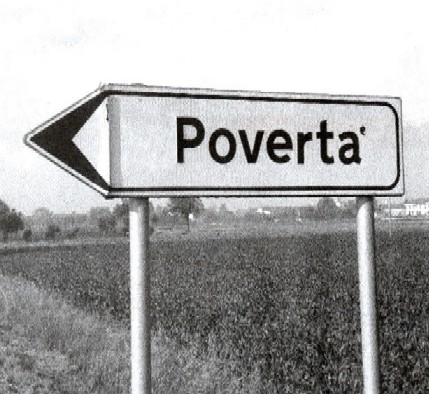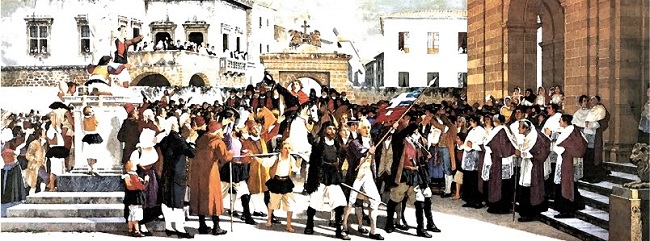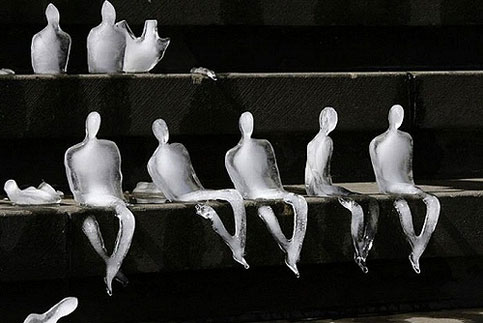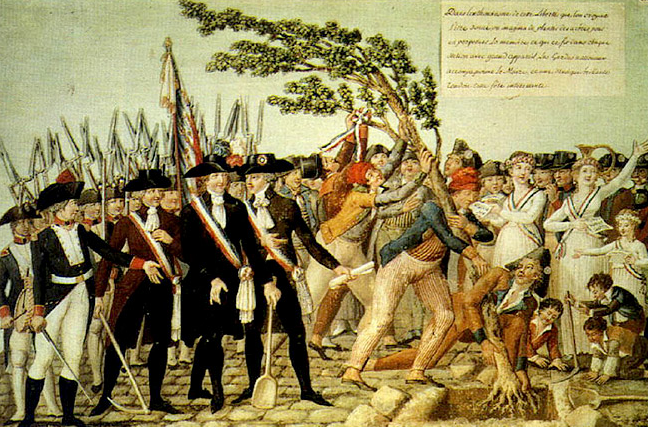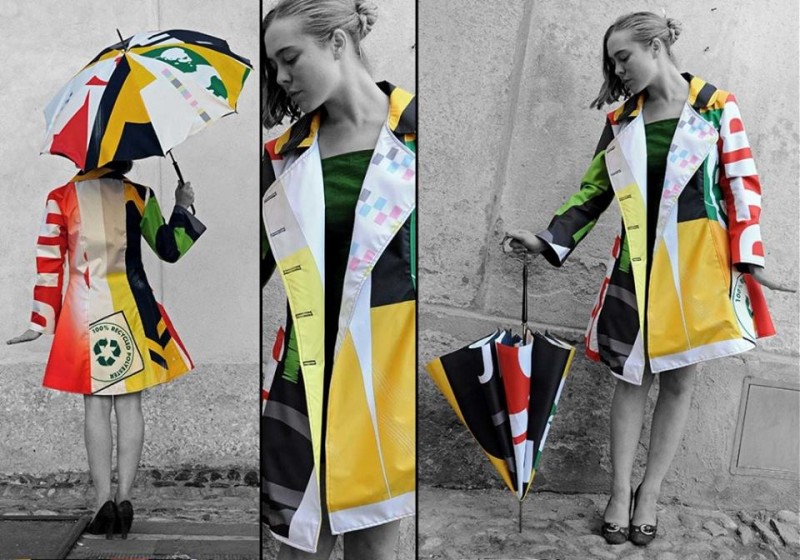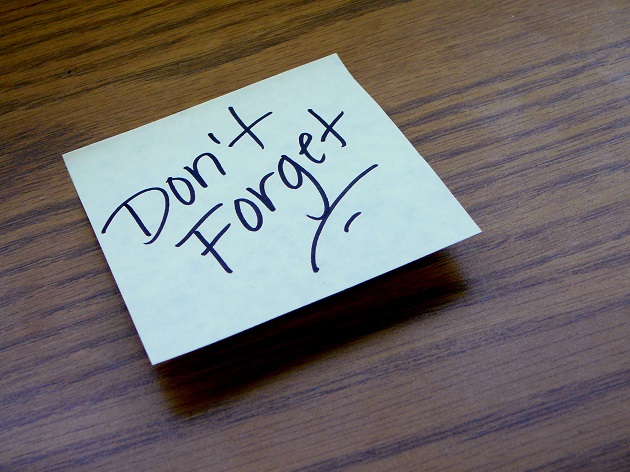by Branka Kurtz
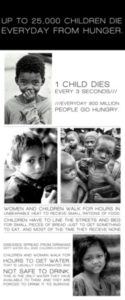 Open your eyes and see the poverty.
Open your eyes and see the poverty.
Open your ears and listen to the voices of poor people.
Open your heart and meet people.
Open your mind and realize: we are all human beings!
– Appropriate care for the poor is a real validation of civilization. “Samuel Johnson”
– In general, the art of governance consists of taking as much money from one class of citizens to give to another. Voltaire”
– And distribution was made to each according to their needs.
“Old Testament, Acts 4:35
Generally more egalitarian:
• Utilitarianism – linked to the exercise the greatest possible happiness for the greatest number of people in society, that maximum criteria achieved if the largest number of people have the greatest marginal benefit of income.
• Uncertainty – in the precarious conditions of the expected amount of benefit will be the largest in terms of equal distribution.
• Initial state – we know nothing if we only know the data of poverty and social exclusion of children. We don’t know who is to feel poverty on our skin. When it’s snowing and is cold, and you living in a house without windows, doors and heating systems. When you don’t have a bed an a blanket. When you have nothing to dress. When you don’t go to the school and kindergarten, and if you’re going, they look at you disgusting and they always move away from you. When there is no one to ask you how do you feel. When despondency is your life. When you have nothing to eat, and you see that others are waiting for Santa Claus and know that yours will never arrive. Poverty is not that far from us. Poor, socially excluded, abused and neglected children are right next to us. Surely you were walking downtown and passed by dilapidated house, where once lived great men, brothers “Mor”. That house has no windows and doors, there is nothing inside except concrete, and old stove and blankets scattered on the floor. In this house lived a homeless family. They were surviving through winter and summer.Everybody knew about them. Nobody did anything. It’s not known where are they today. It is a story in a variety of others. In connection with the story raises a question: What kind of people are we? Situation in which people have no knowledge about what will be their status in society.
We know nothing, if we only know the data of poverty and social exclusion. From these few words we need to know, some of them are “good words” and some of them are “bad words”.
Let’s begin with “bad words”:
– Poverty: The Poverty Reduction Strategy, means the lack of employment opportunities, inadequate housing conditions and inadequate access to social protection, health, education and municipal services.
Beside this, aspect key of poverty and the Failure of the right to a healthy environment and natural resources (primarily water and clean air.)
– Social exclusion of children: The definition of social exclusion of children for the UNICEF report on children situation in the world 2006th year:
Children are considered to be excluded than other children, if estimated that they are at the risk of inappropriate environment that would protect them from violence, abuse and exploitation,and even if they don’t have access to basic goods and services which could in future threaten their ability to fully participate in social processes. Exclusion doesn’t necessarily means a phenomenon which bears the sole responsibility of the government, the children could be isolated and excluded from society, and from other children, family, media, civil society etc.
– Invisible Children: These are children who are not registered at birth, children victims of trafficking, street children, children prematurely assume adult roles (early married, teeming in teenage age, early starting to work etc.).
– Prejudices: Prejudices is the attitude, generalizations that are not based on valid experience, not on rational arguments. Prejudices are resistant to change.The most dangerous are the racial and ethnic prejudices: negative opinions about other social groups, uncritical of its positive, hatred, the willingness of the persecution, segregation and destruction of members of another race or nation.
– Segregation: Segregation is the separation of people based on different criteria that “hairs” with the principles of human rights and freedoms. Segregation is discrimination against people based on race, class, ethnic and religious differences.
Reluctant segregation is when the dominating group (or state) limits the less powerful group. The so-called voluntary segregation occurs when people associate only with self similar.
Assimilation: During the process of assimilation of a social group, or process in contact with other phenomena of this kind is losing its characteristics and drowning in it. The term assimilation is generally used to denote cultural and political assimilation of the ethnic, cultural and social groups by others.
– Discrimination: Discrimination (separate, discriminate) can be racial, but economic.
“Good words” are:
– Tolerance: Tolerance is a term in the field of society, culture or religion that refers to the collective and individual practice acceptance and cooperation with persons not of the same faith, don’t think same way have a different political stance, or differ in some other basis. Tolerance involves a conscious decision to act non-violently, or abstain. It is based on the religious teachings of the dominant religion, but also state laws that establish a right to different opinions and non – endanger individuals. Tolerance is respect, acceptance and appreciation of the great diversity of cultures in the world, forms of expression and ways of being human. Encouraged by the knowledge, openness, communication and freedom of thought, conscience and belief. Tolerance is a balance in the difference. It is not only a moral obligation, but also political and legal requirement. Tolerance is not concession, condescension or indulgence .Above all,tolerance is an active attitude prompted by recognition of universal human rights and fundamental freedoms of others.In neither case it can’t be used to justify violations of these basic values.
Tolerance is respect, acceptance and appreciation of the great diversity of cultures in the world, forms of expression and ways of being human. Encouraged by the knowledge, openness, communication and freedom of thought, conscience and belief.
Tolerance is a balance in the difference. It is not only a moral obligation, but also political and legal requirement.
Tolerance is not concession, or indulgence. Above all, tolerance is an active attitude prompted by recognition of universal human rights and fundamental freedoms of others.
In neither case it can’t be used to justify violations of these basic values. Tolerance is the responsibility of supporting human rights, pluralism (including cultural one), democracy and the rule of law. Consistent in human rights, tolerance does not mean toleration of social injustice or the abandonment or reduction of their own beliefs. This means that someone is free to adhere to their convictions and accepts that others adhere to theirs. This means accepting the fact that human beings, naturally diverse in appearance, location, speech, behavior and values, they have the right to live in peace and be what they are. It also means that one’s attitude can’t impose others. (Declaration of Principles on Tolerance, adopted and signed by the Member States of UNESCO 16/11/1995. Years).
– Inclusion: The first association to the concept of inclusion is the inclusion of children with disabilities in the regular system of education, which today is the real meaning of these words. However, the inclusion is a wider concept. Inclusion is a movement within the social model that emphasizes the basic problem of the relation of society towards diversity (intellectual, physical, cultural, language …).
Fear, prejudices and ignorance caused the exclusion of those who are different. Attitudes are changing through interaction and community life.
Everything is learning – and words and humanity.
The definition of poverty is in the narrowest sense when an individual or family lacks the means of livelihood. Social exclusion is a broader concept than poverty.
By definition of the European Commission, social exclusion is “a process that pushes individuals to the margins of social and makes it impossible to fully participate in social processes uslled poverty, incompetence, inability to lifelong learning, as well as due to discrimination.” Social exclusion can be evaluated only in a relative context – the individuals are disabled relative, compared to the others in relation to a socially acceptable minimum in a given community.
Poverty and social exclusion imply lack of respect basic human rights to work and employment opportunities, access to health care, education and social services and inadequate participation in social processes. The poor are also excluded from social and economic life, and social exclusion don’t always mean a lack of income – children are abused in the “affluent” families, women don’t attend school because of prejudices, isolated rural households don’t have or have difficulty accessing health care or educational institutions…
Once in poverty and / or children are exposed to social exclusion, they are “away” option on the normal development and all that affects their future. Poverty in childhood, especially extreme poverty implied by malnutrition, exposure to disease, lack of parental care and psychosocial stimulation, leaving consequences even if later in life, living in better conditions. At no other time during the life cycle of poverty has no such serious consequences. Consequences arise when the child is already aware of themselves and their environment.
It is therefore understandable that a child who has 12-13 years, yet understands that he is not like the others, because he has no friends, no invitations to birthday parties, he doesn’t have his own birthday party, he has no money for snack, learning from the used books, he doesn’t go to the theater, he doesn’t wearing relatively expensive clothes, rarely gets fruit or candy there are frequent quarrels in the family, because tired and poor parent don’t have the strength and enthusiasm for his own child. It is understandable that such a child is aggressive and behaving antisocial, it is increasingly difficult to “get away” with him, and brings from school bad grades.
There is no much help psychologists and psychiatrists are rarely known to improve the situation. The saddest is that such children are in many cases not entered colleges, and often even high school. And finally we have this famous effect of poverty and social exclusion on the future of children: rarely has a different and better future than their parents. It is sad vicious circle from which is hard to come out, because poor people and social excluded are often invisible for others. Or they are visible during the television report about them, then we let a few tears.
Then we forget about about it, because we don’t want corrupt our relatively orderly and enjoyable lives with thoughts about them.
We should know that children are the future of the world.
Let’s include them to life.




